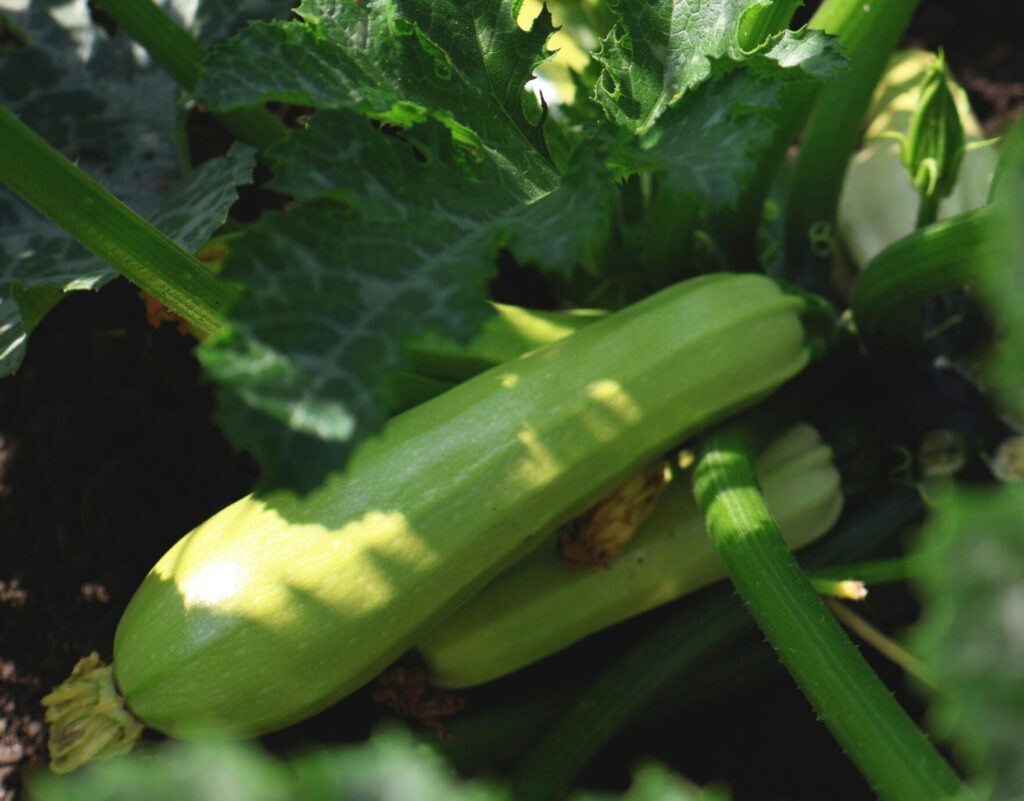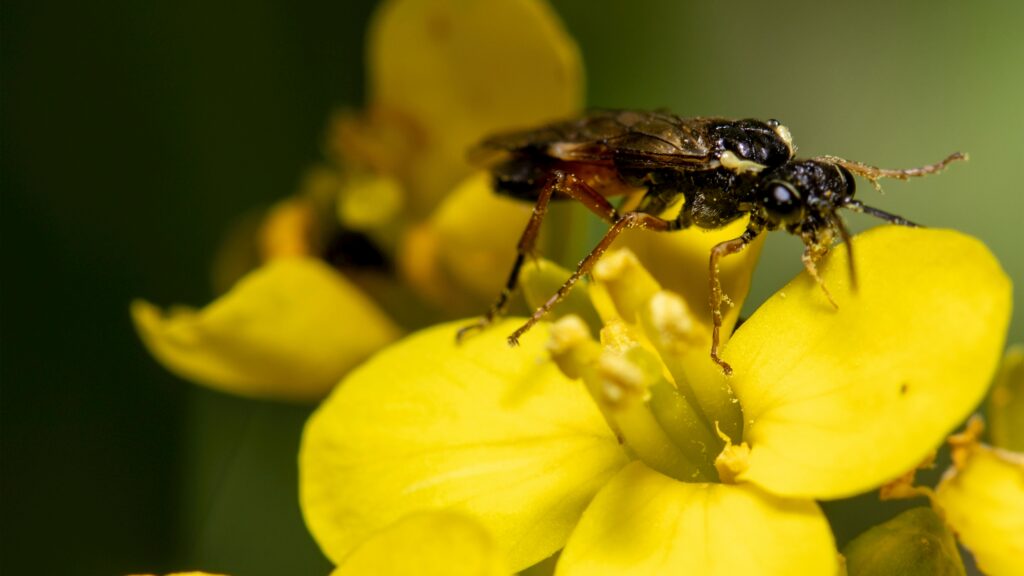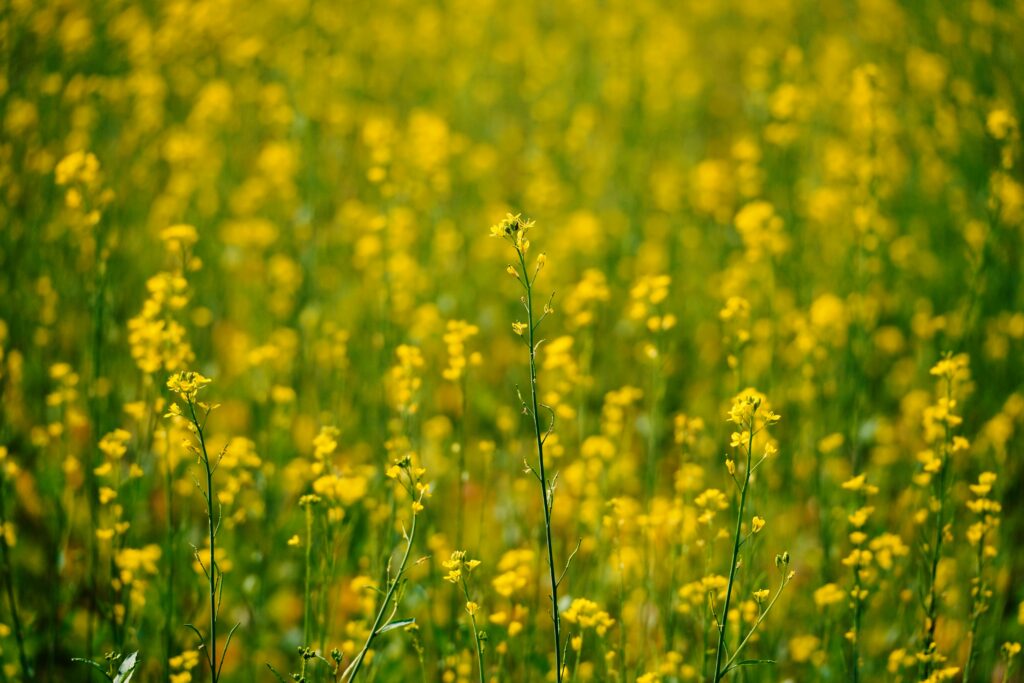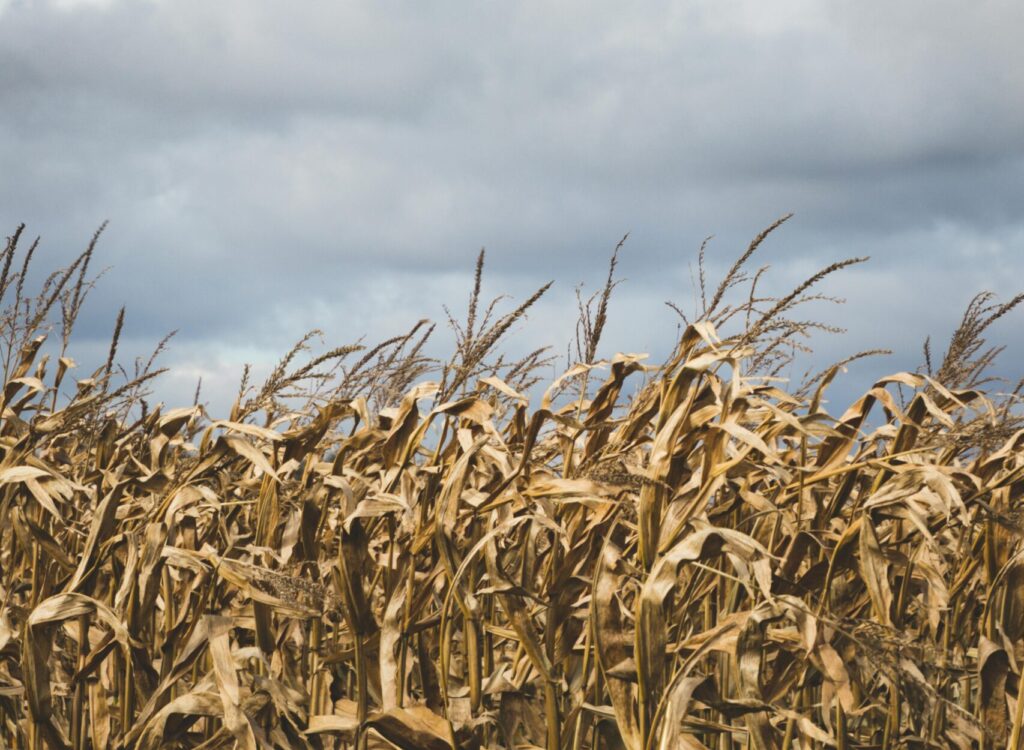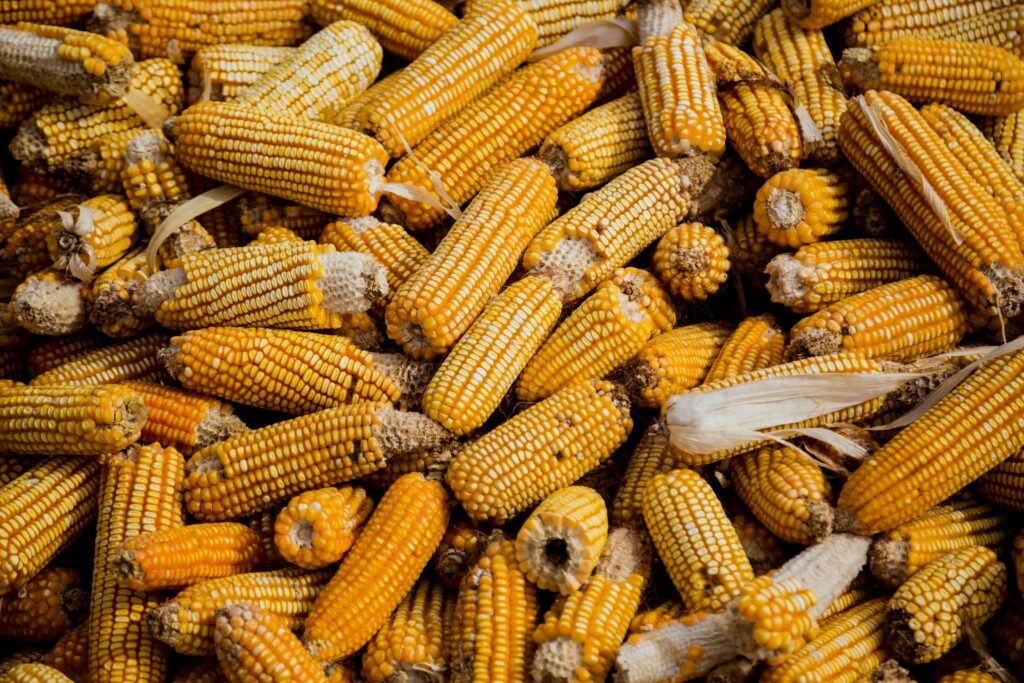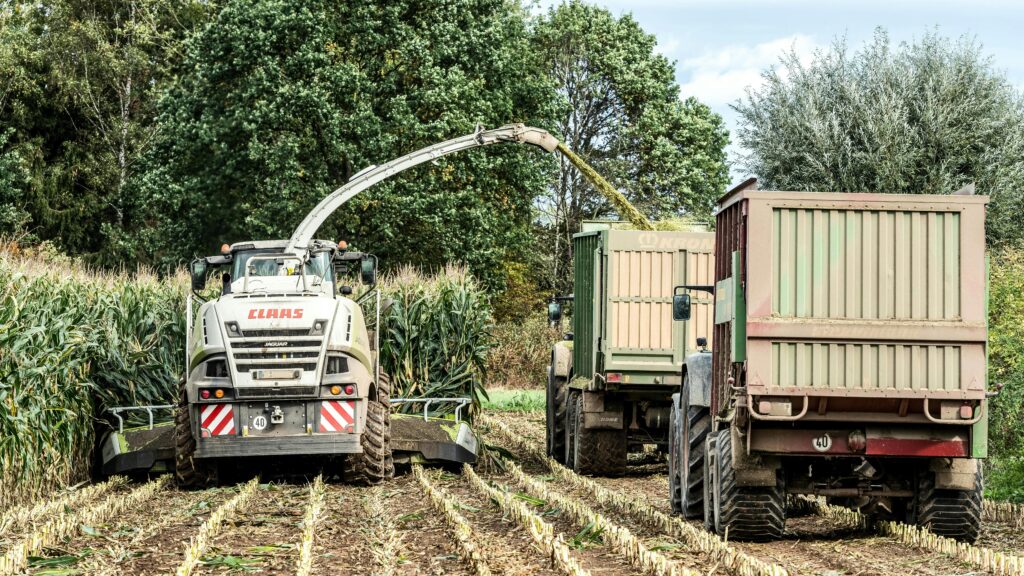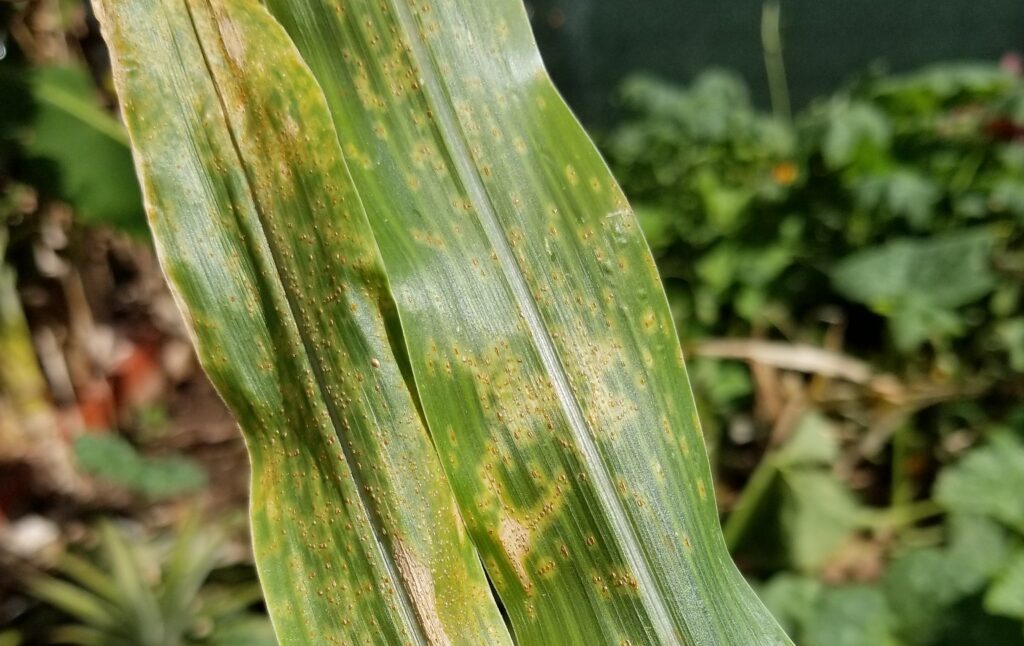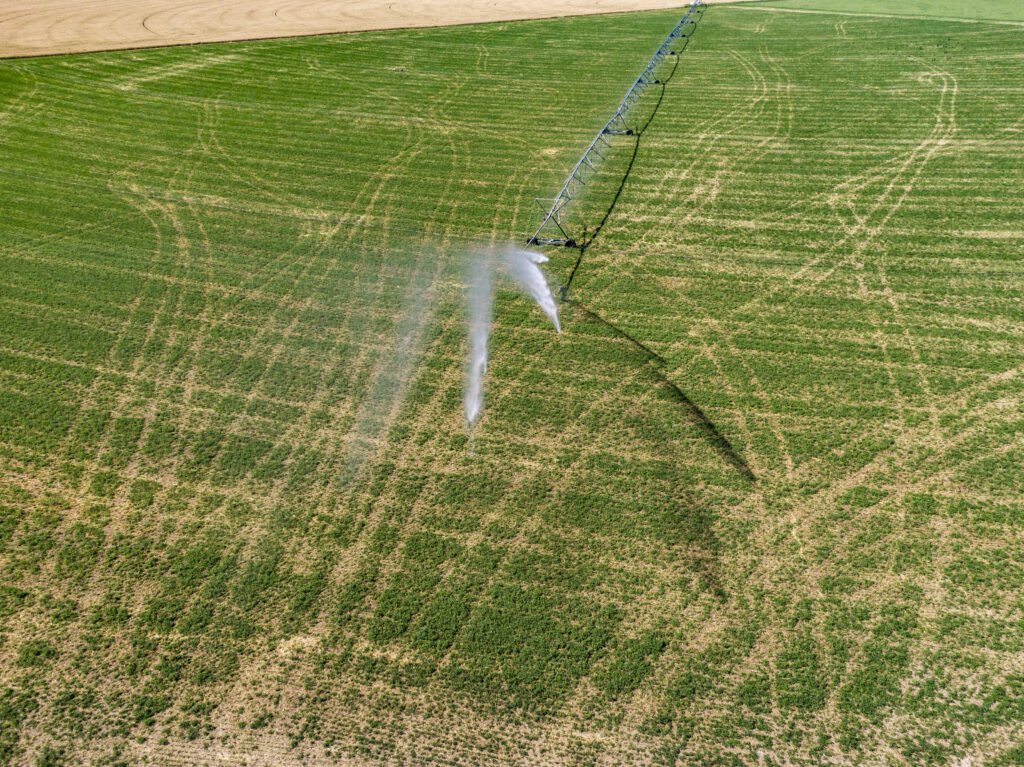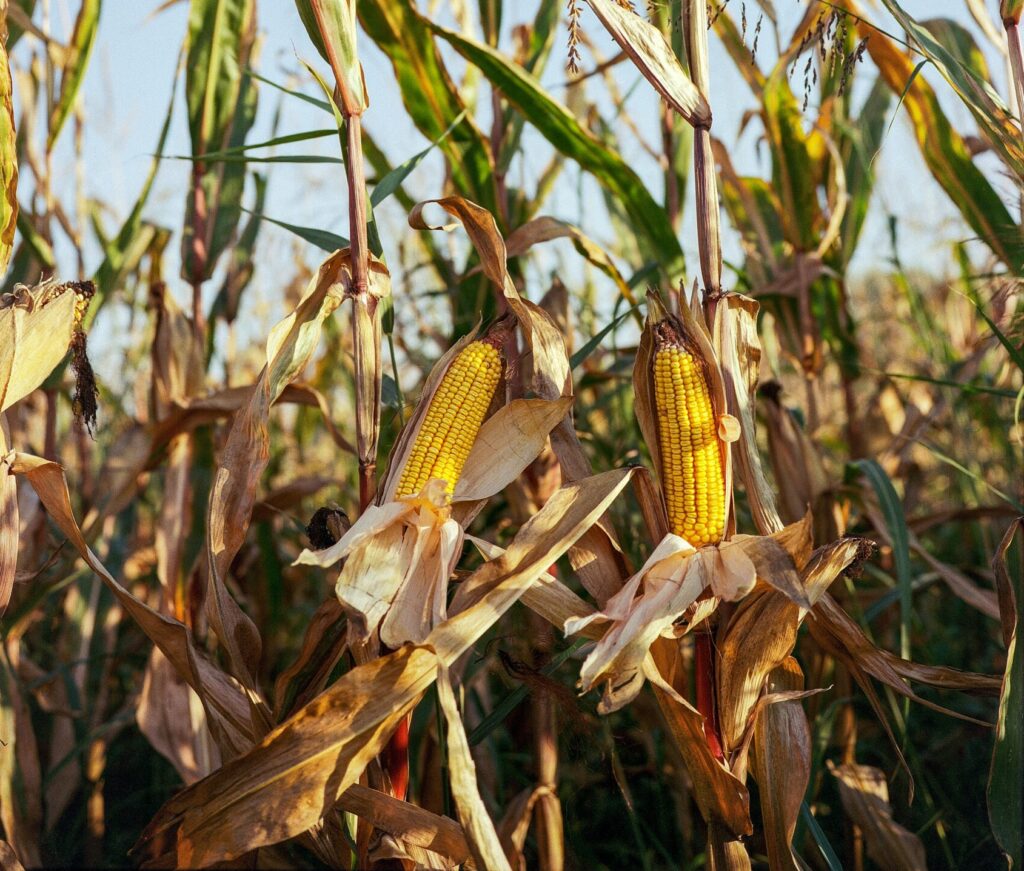How to Fertilize Your Garden: A Simple Guide
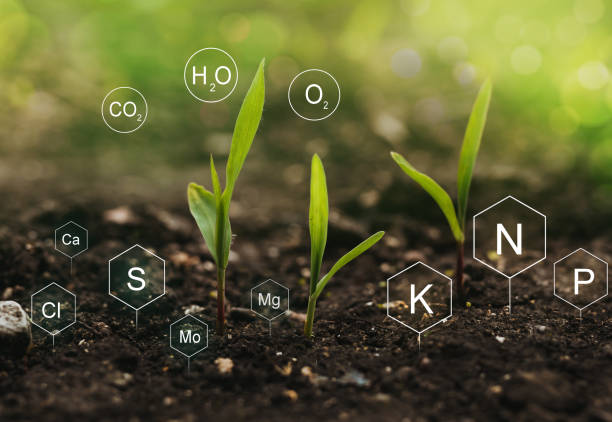
Fertilizing your garden is essential to help your plants grow strong and healthy. It provides the necessary nutrients that plants need to thrive. Here’s a simple guide to help you fertilize your garden effectively.
Understand the Basics of Fertilizers
Fertilizers are substances that add nutrients to the soil. The three main nutrients are:
1.Nitrogen (N): Helps plants grow and produce leaves.
2.Phosphorus (P): Supports root development and flowering.
3.Potassium (K):Aids in overall plant health and disease resistance.
These nutrients are often represented as N-P-K on fertilizer packages, followed by numbers indicating their ratio, such as 10-10-10.
Types of Fertilizers
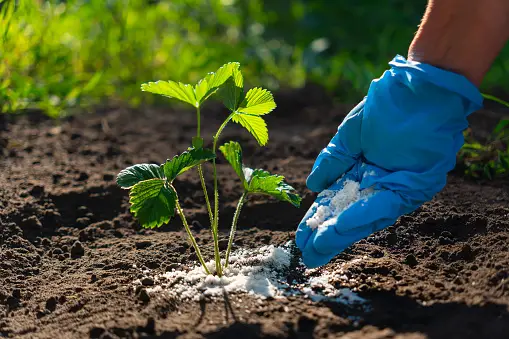
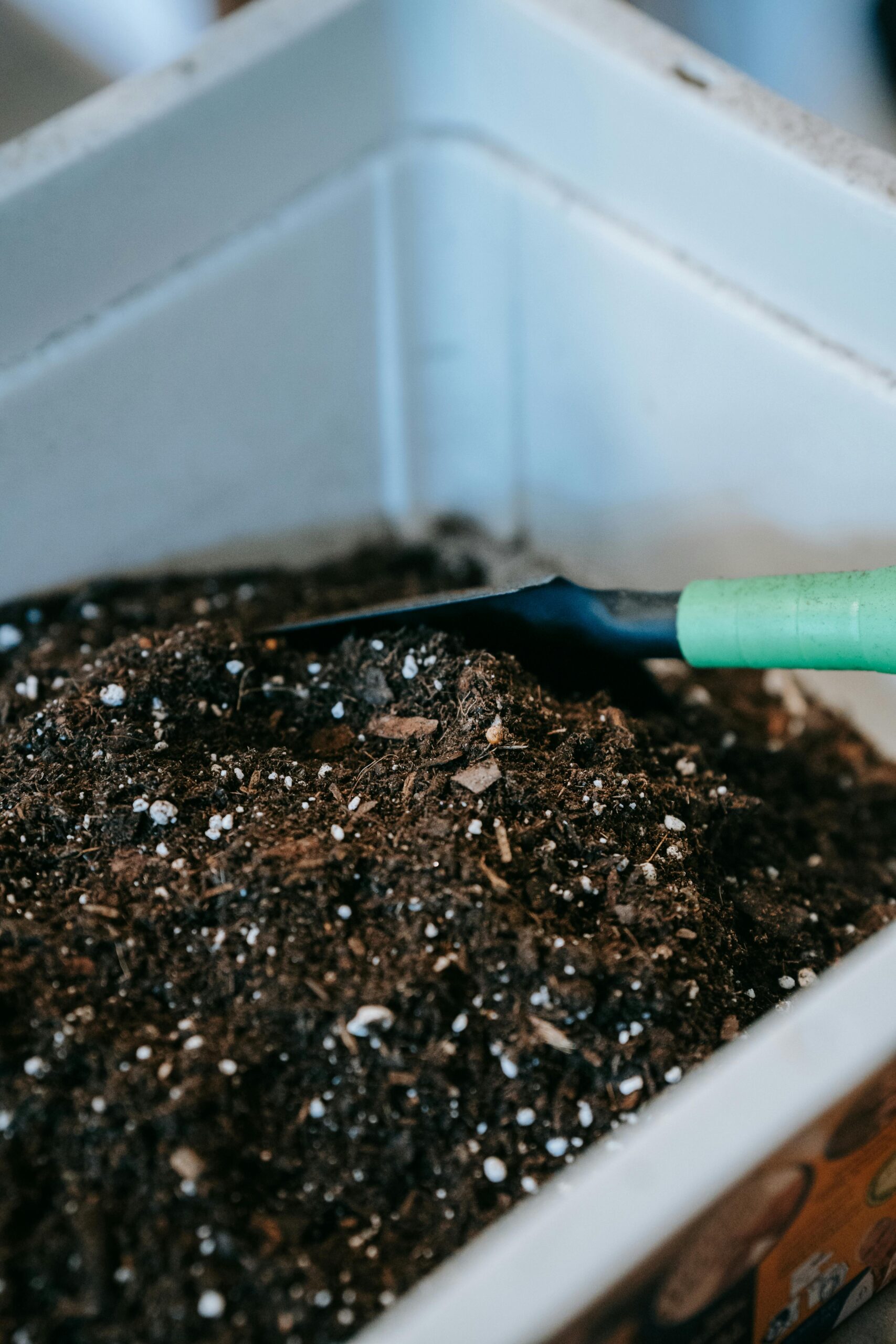
There are two main types of fertilizers: organic and synthetic.
Organic Fertilizers:Made from natural materials like compost, manure, bone meal, and fish emulsion. They improve soil structure and provide nutrients slowly.
Synthetic Fertilizers:Manufactured chemicals that provide nutrients quickly. They are often labeled with specific N-P-K ratios.
When to Fertilize
Timing is crucial for effective fertilization. Here are general guidelines:
Spring: Most plants need a boost in spring when they start to grow.
Summer:Fertilize flowering plants and vegetables to support their growth.
Fall: Apply fertilizer to perennials and shrubs to help them store energy for the winter.
How to Apply Fertilizer
Read the Instructions:Follow the directions on the fertilizer package for the correct amount to use.
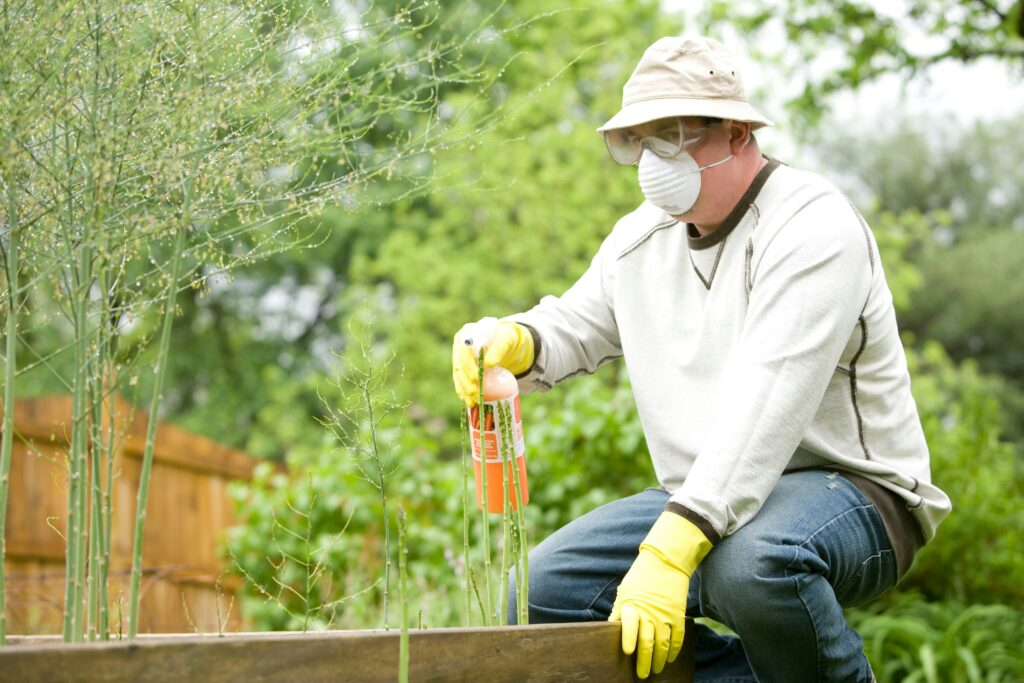

Even Distribution: Spread the fertilizer evenly over the soil.
Water Well: Water the garden after applying fertilizer to help nutrients soak into the soil.
Organic Fertilizer Tips
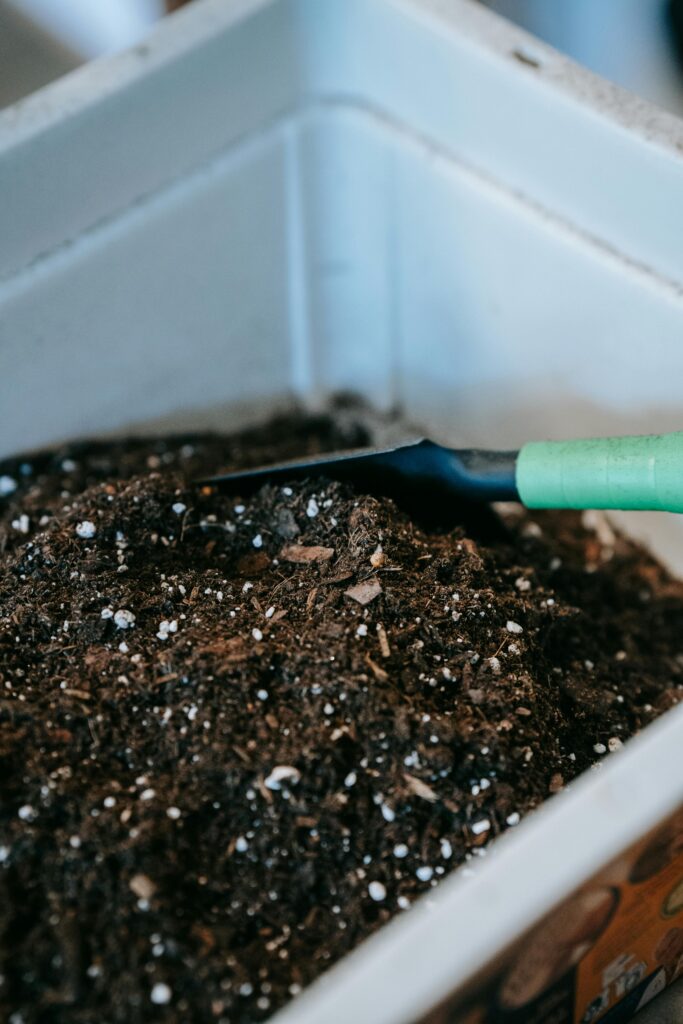
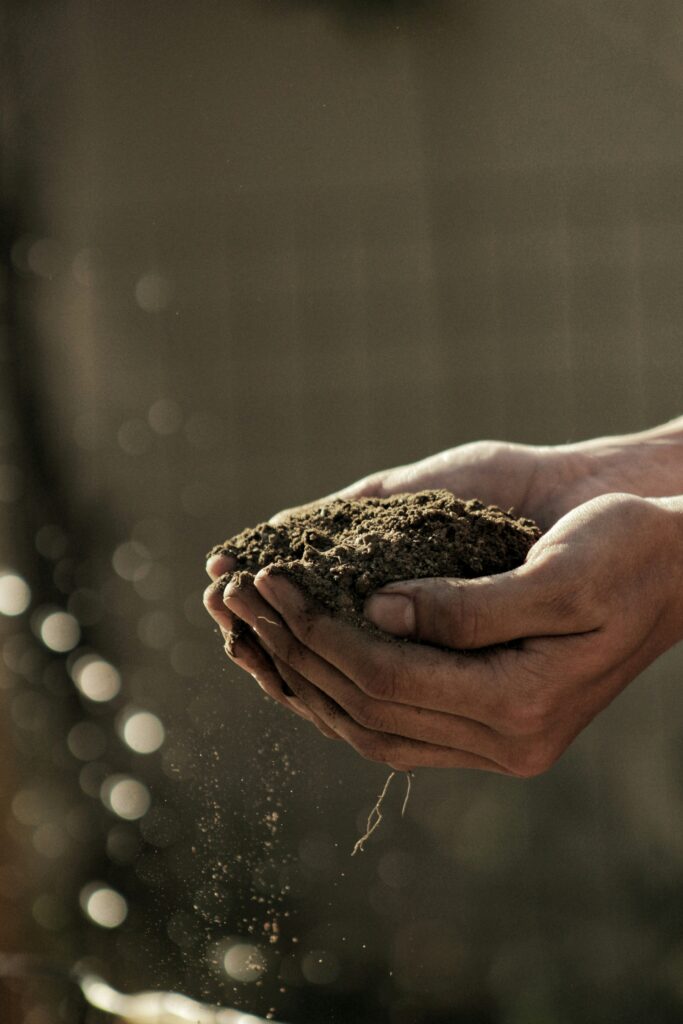
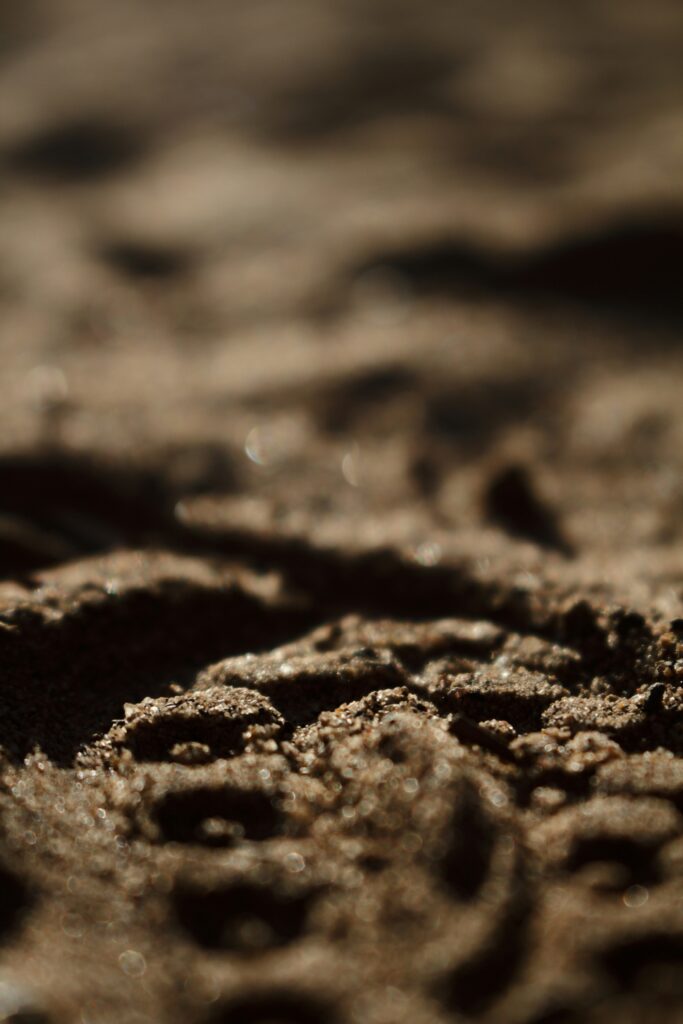
Compost: Add compost to your soil to improve its texture and nutrient content.
Manure: Use aged manure (not fresh) to avoid burning plants.
Mulch: Apply organic mulch like straw or leaves to retain moisture and add nutrients as it decomposes.
Avoid Over-Fertilizing
Too much fertilizer can harm plants by burning their roots or causing excessive leaf growth with few flowers or fruits. Always stick to recommended amounts.
Test Your Soil
Consider testing your soil to understand its nutrient levels and pH. This helps you choose the right type and amount of fertilizer.
Fertilizing your garden is an important step in maintaining healthy plants. By understanding the basics of fertilizers, choosing the right type, and applying it correctly, you can ensure your garden thrives. Happy gardening!






